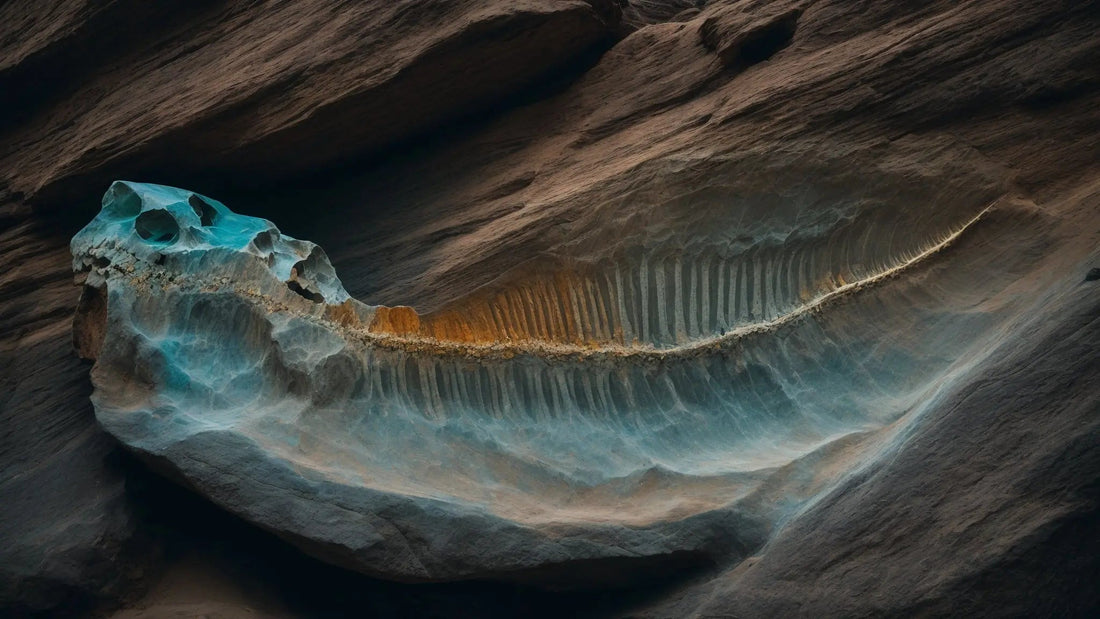
How To Tell A Fossil from a Rock
When exploring the great outdoors, you may stumble upon interesting rock formations that could potentially be fossils. But how can you tell if it's a fossil or just an ordinary rock? In this article, we will guide you through the process of distinguishing fossils from rocks.
1. Shape and Texture
One of the first things to consider when identifying a fossil is its shape and texture. Fossils often have distinct shapes that resemble the remains of ancient plants or animals. Look closely at the object and check for any signs of symmetry or patterns. Fossils also tend to have a unique texture, which may include features like ridges or bumps.
2. Composition
The composition of the object can provide valuable clues. Fossils are typically made up of organic materials that have undergone a process of mineralization over time. Rocks, on the other hand, are formed through geological processes and may have a different mineral composition. If you can see any remnants of shells or bones in the object, it's likely a fossil.
3. Fossilization Processes
Understanding the process of fossilization can help you differentiate between a fossil and a rock. Fossilization occurs when organic material is replaced by minerals, preserving the original structure. Look for signs of fossilization, such as the presence of minerals that have replaced the original material. This can be seen in the form of different colors or textures within the object.
4. Paleontological Context
Consider the geological context in which you found the object. Fossils are often found in specific types of rock formations, such as sedimentary rocks or areas known for fossil discoveries. Research the geological history of the area and consult with experts or local authorities to gain more insight.
5. Seek Expert Advice
If you're still unsure whether you've found a fossil or a rock, it's always a good idea to seek advice from experts. Reach out to local museums, universities, or paleontological societies. They have the knowledge and experience to help you identify and understand the significance of your discovery.
Remember, finding a fossil can be an exciting experience, but it's important to handle them with care and respect. If you suspect you've found a fossil, avoid damaging it and consider reporting your discovery to local authorities.
For the easiest fossil hunting, just scroll through the Stemcell fossil archive! Happy fossil hunting!